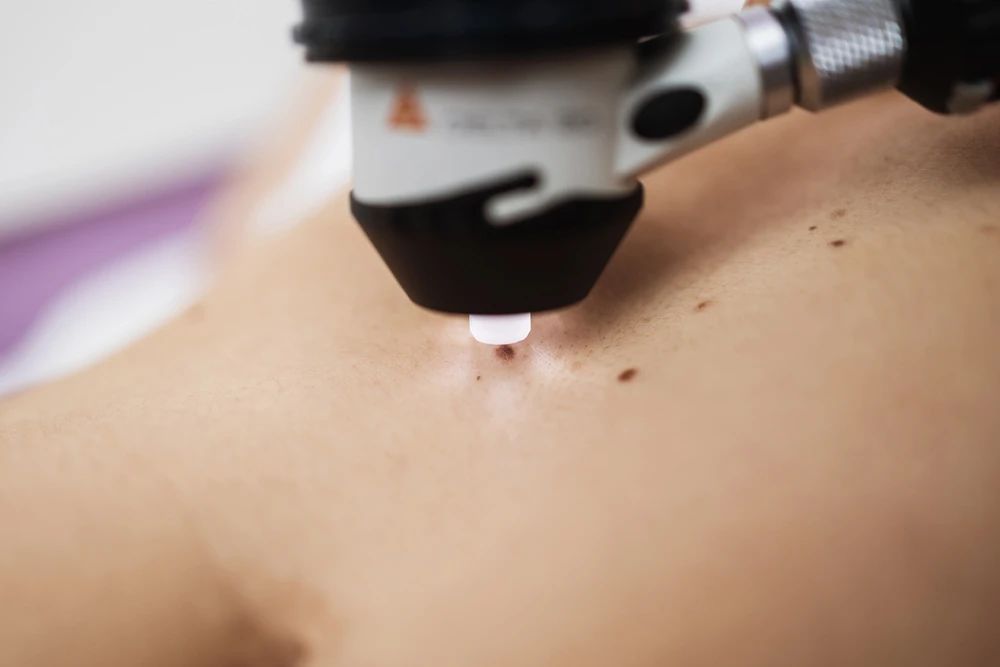Protect Your Skin This Summer
2018-12-20

A relaxing day at the swimming pool or on the beach might be just what the doctor ordered to de-stress and regain some mental clarity during summer. By now, however, most people have heard of the dangers of excessive sun exposure for both children and adults. After years of frequent sun exposure, sun bathing, and tanning the skin develops unattractive pigmentation spots. Some of these spots even turn dangerous, resulting in melanoma or skin cancer. The other, more immediate concern is acute sunburn.
You are at a higher risk of sunburn if you:
Exposure to small amounts of UV rays prompts your skin to produce melatonin, which further protects our skin from acute burns and gives you the golden complexion. Light skin has less capacity to produce melatonin and therefore is more sensitive to direct sun exposure. The sun’s rays are the strongest, and therefore the most damaging, between 10am and 4pm.
A few ways to safely enjoy the sunny hours:
Consider these tips even more for your kids. Research has shown that most skin damage from the sun is experienced before the age of 18. Sunscreen with fewer preservatives has been formulated specifically for kids. For babies under six months of age, sunscreen may be used on small areas of the body such as the face and the back of the hands if adequate clothing and shade are not available. Apply carefully around the eyes, avoiding the eyelids. If your baby rubs sunscreen into her eyes, wipe the eyes and hands clean with a damp cloth. If a rash develops, talk to your pediatrician.
Babies under six months of age should be kept out of direct sun at all times.
For more information or to make an appointment with a Dermatologist, please contact our 24-hour Appointment Service Center at 400.819.6622.





























